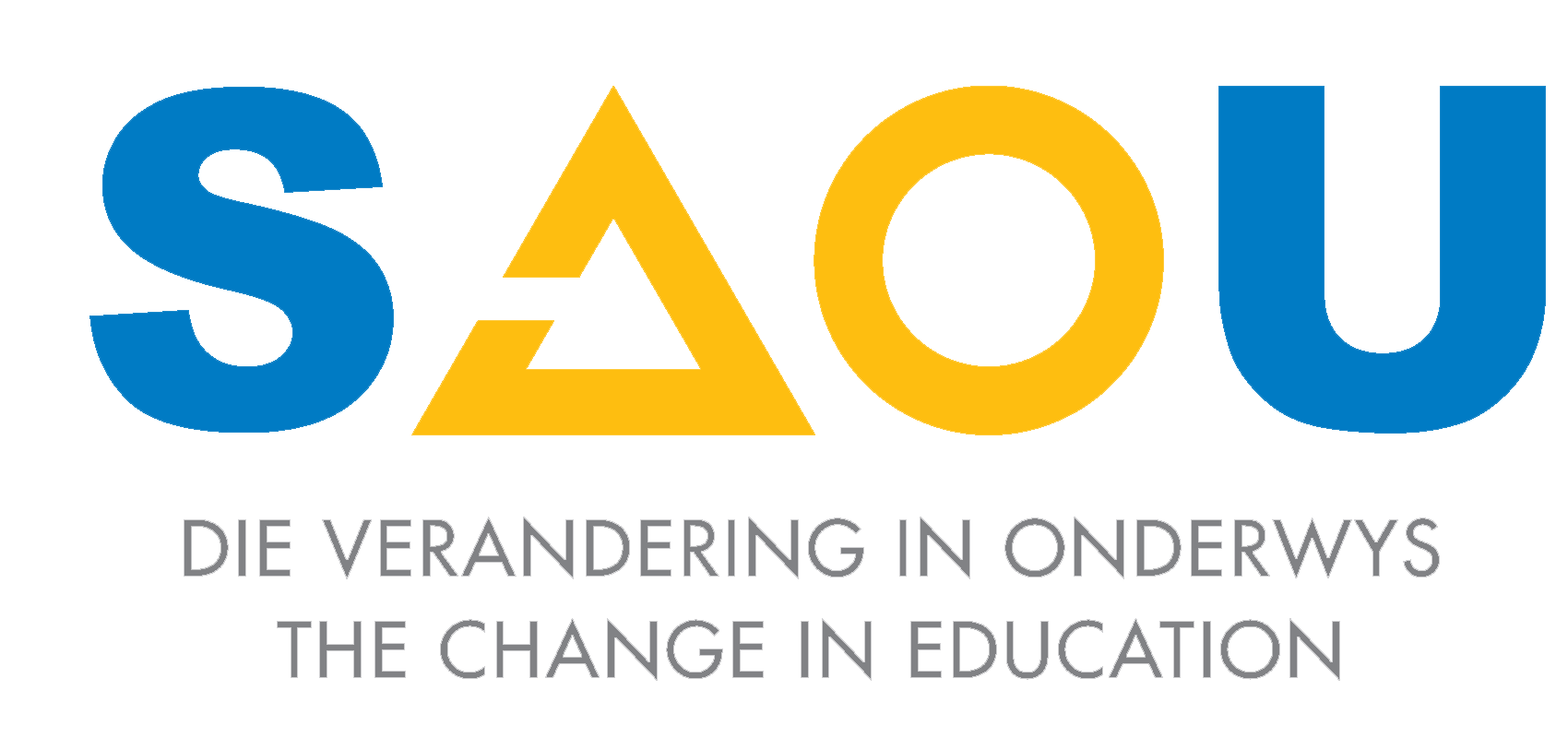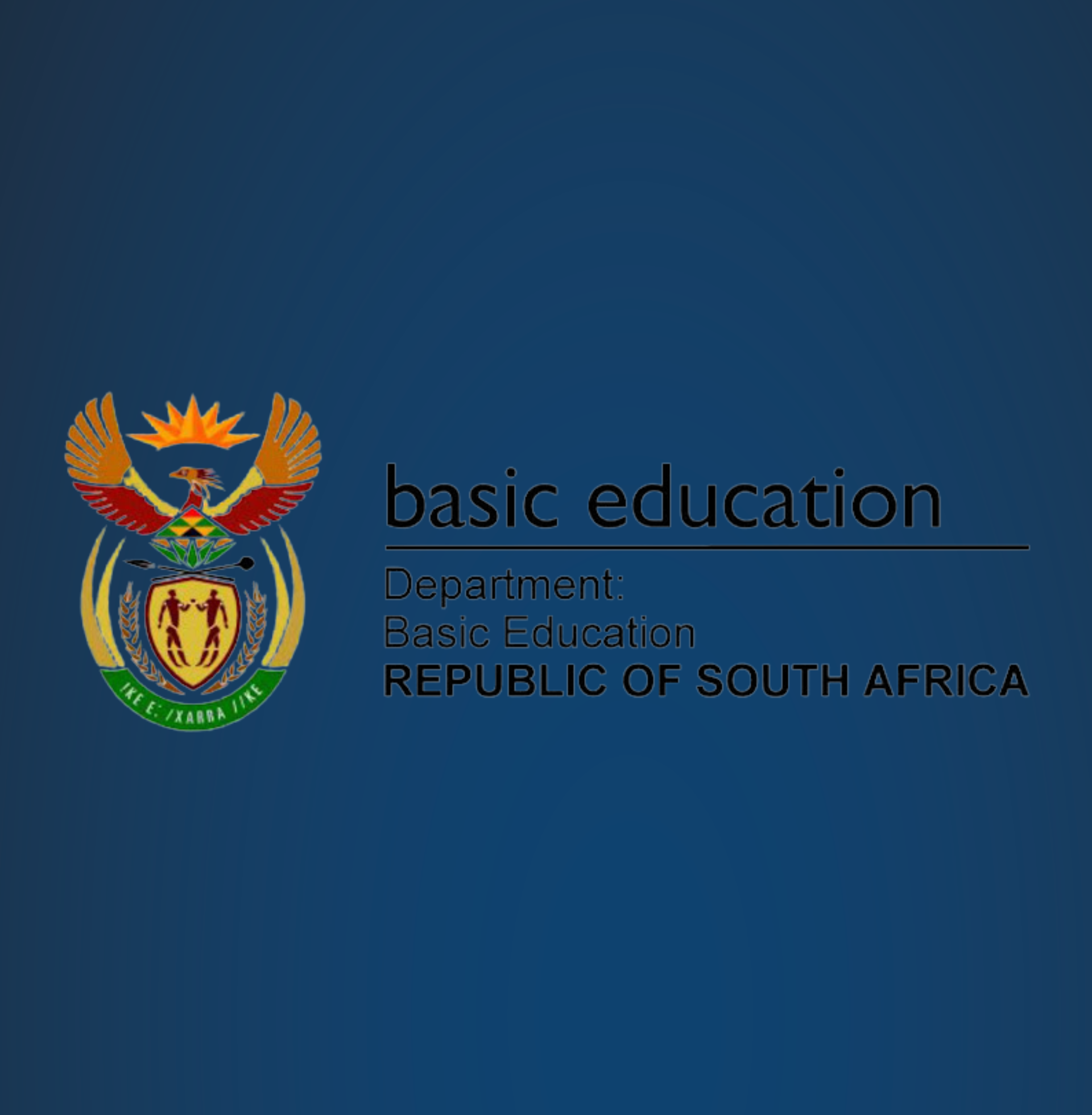Education International is the Global Union Federation that brings together organisations of teachers and other education employees from across the world. Through our 375 member organisations, we represent more than 33 million teachers and education support personnel in 180 countries and territories.
What EI we stand for
As the global voice of teachers and education support personnel we:
- Champion free, quality, publicly funded education for every student in every country.
- Represent and promote the interests of teachers and education support personnel at the international level.
- Assist the development of independent democratic organisations to represent teachers and all education employees and help build solidarity and cooperation between them.
- Support the development of teacher qualifications and the recognition of teachers as professionals.
- Defend and promote democracy, peace, social justice, and human rights, including trade union rights and the right to education.
- Advocate for equity in society. All our policies, programmes and advocacy efforts aim to advance social justice and challenge all forms of discrimination.
Work with unions
We work closely with the International Trade Union Confederation (ITUC), the Global Union Federations, and the Trade Union Advisory Committee (TUAC) to the OECD. Together we established the Council of Global Unions, driven by our commitment to the ideas and principles of the trade union movement.
We share a common determination to organise, to defend democracy, human rights and labour standards everywhere. We promote the growth of trade unions for the benefit of all working men and women and their families.
Education International Newsletters
The SAOU is sending a delegation to Buenos Aires to attend the International Education Conference to be held there at the of end of July / beginning of August 2024.
Theme of the Congress:
Growing our unions, elevating our professions, defending democracy.
How has it come about that there is a relationship between the SAOU and EI and, when did it start?
Well, the SAOU was a member of the World Confederation of Teachers which was a confederation of teacher organizations worldwide which sought to combine teacher institutions to create a voice as it were, to speak on education matters to entities like the United Nations and others. The Confederation was ultimately itself incorporated into Education International (EI), a body which had very similar aims and in the process all the members of the Confederation of Teachers were given the opportunity to become members of EI. Almost all of them did because it is the one body worldwide because it has the stature to enable teachers across the world to participate in a single forum and to make their voice heard especially to supra-national and international organizations. The SAOU has subsequently attended international conferences 4 or 5 times.
The headquarters of EI are in Brussels in Belgium and as such, when they hold a conference in foreign country the local education entities are roped into assist with the planning and presentation of the conference. The Sixth EI Conference was in fact held in Cape Town and the SAOU participated very heavily in the logistical and management preparation of that event. It was also at that conference that EI decided that conferences would be held every 5 years.
The General Secretary (Chief Executive officer in our terms) of the EI, Mr Fred van Leeuen, on the SAOU’s invitation, attended one of the SAOU’s Headmasters’ Symposiums in Gqeberha where he delivered a speech on Trends in Education. This was a major contribution because as the political situation worldwide changes it affects the well-being of the teachers in those countries. For example, if one thinks about the current political movements in countries like the USA, France and the UK where political changes are quite profound, there is an important influence on teacher organizations and teachers there.
South America, where the Conference is to be held, is a very volatile continent and in almost all the South American countries there are or have been revolutions which involve politics and the future of teachers there. So, having had someone like the General Secretary present at our Symposium was very important because it endorsed the work that is being done by a local union and international unions and keeps us informed about what is happening worldwide.
What will our presence/participation at this conference, involve?
Our input will be basically concentrated on the resolutions that we will have sent in. EI invites all its members to send in all resolutions which will have an international implication. In addition to that, we have the opportunity to speak at the conference in support of or against, certain resolutions.
South Africa is not a homogeneous country and when it comes to education, we have a very interesting situation in that one of the biggest teacher unions in the world outside of the Far East is actually SADTU. They are by comparison with other unions absolutely enormous and the result is that in our own context it would be very easy for one union for all to create a scenario with which we and others would not necessarily agree.
So, we have the opportunity as the SAOU both to comment on the resolutions in writing, (which we are currently doing), we also have the opportunity to speak in support of or in rejection of those motions. This is based on a principle of proportionality.
There are some very big Associations in EI for example the National Education Association of America where they have upwards of 2 000000 members. We don’t even count our membership in terms of 100s of thousands.
Thus: people who go to the Conference have mainly two opportunities-
The first is to formally speak on a particular motion by permission of the Chairperson, the second is to participate in debates from the floor. (These can get uproarious because there might be 2000 people at a session and it is hard to get oneself recognised by the chair of the meeting).
Clearly, participation from the floor is not always easy unless the Chairperson recognises you, in which case you head for a microphone. Of course, in the Social Sessions one tries to get oneself known as much as possible. But the MAIN voice that we have is speaking to resolutions by permission of the Chair and adopting a stance where one either agrees or does not agree.
What would be a typical Resolution?
- One of the resolutions that will be coming up this year has to do with the extent to which the governments of countries do not control the freedom of speech that the unions believe that they should have. In many countries it is claimed that Teacher Unions are repressed\, oppressed. In some South American countries some teachers are in prison for activism against what they regard as a repressive authority. We don’t have this but then again in other countries there are attempts to direct the voice of the academic establishment and what needs to be done about that.
- Other resolutions will speak to whether or not education is being turned into the ‘handmaid’ of industry.
There are also motions which talk to the whole question of privatization.
EI as an organization, takes a view against privatization. Its philosophy could be said to more aligned with some of the Labour internationals.
- There are motions which speak to the ways that education should be elevating the position of the poor.
- There are some motions which talk about the curriculum and where this needs attention.
- There are motions about increasing mechanization in education and especially about the effects of AI.
- And there are motions of a more general nature that are hunted by unions that feel that education is assailed in their country and they use the motions to attack their country. Normally these are weeded out a bit.
- And then are some that speak of vigils for those teachers who are in prison for teaching a view of life different from that which the country believes it stands for.
What can we reasonably expect our delegation to bring back to our members?
- The first will have to do with the structures of EI and where the office bearers come from. The reason I say this is because it is the place the office bearers come from that determines the direction for the next five years. In this regard the President of the EI has been an Australian lady from one of the Australian Unions there. It is anticipated that the up-coming president is none other than Dr Maluleke of SATU so we would certainly bring that back.
- The second we would bring back are the inputs to be made to the United Nations. Particularly about the UN goals for education worldwide but also about the various education roles on the continent. There are some goals that have been elaborated since before 2013, and has to do with what has to be done: like the provision of teachers, what is going to be done about issues relating to language, what is going to be done about the role and status of women, how are we going to improve the facilities that exist, how we are going to integrate more fully technology and so on into our classrooms and into our education and administration generally.
Just a further point: When the Conference breaks up into discussion groups you find yourself more or less on your own because there are more discussion groups than you have ‘own’ delegates. So, a union like our own is often very stretched to get to all the discussion groups and when you do you are by yourself and sometimes you have to think on your feet and adopt a position that is sometimes alien to your own understanding of an issue. There are many and varied voices.
The speakers you have to listen to are generally high-powered and come from varied backgrounds and it is sometimes challenging for the individual sitting listening, to piece together exactly what is being said. They do have simultaneous translation facilities but that too is not always helpful.










